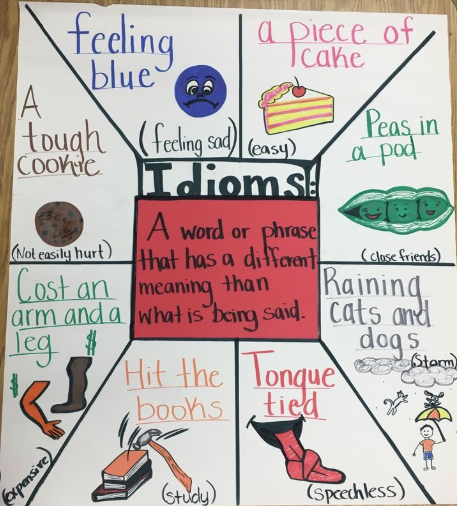Mistakes are often seen as something to avoid—but in language learning, they’re one of your most powerful tools. Every incorrect sentence, mispronounced word, or forgotten phrase is an opportunity to grow. Embracing mistakes helps you learn faster, build resilience, and gain the confidence to communicate freely. Here’s how to turn language learning mistakes into valuable lessons.
1. Shift Your Mindset
Start by seeing mistakes as part of the process, not a sign of failure. Everyone makes them—native speakers included. A growth mindset allows you to view each misstep as feedback, not a flaw. The more you learn from errors, the stronger your skills become.
2. Speak Often, Even When Unsure
Waiting until you feel “perfect” before speaking holds you back. Practice speaking early and often, even if your grammar isn’t flawless. Speaking with others—mistakes and all—helps you internalize patterns, improve pronunciation, and gain fluency.
3. Ask for Feedback
Invite constructive feedback from tutors, language partners, or teachers. Ask questions like, “Did I say this correctly?” or “How would a native speaker phrase that?” Honest input helps you correct mistakes and deepen your understanding.
4. Reflect and Record
Keep a journal or notebook where you write down recurring errors, corrected sentences, or tricky grammar points. This creates a personal reference you can revisit and review regularly. Seeing progress over time boosts motivation and reinforces learning.
5. Practice Error Correction Actively
When you realize you’ve made a mistake, take a moment to understand why. Rephrase the sentence, look up the correct usage, and try using it in a new context. This extra step ensures the lesson sticks.
6. Learn from Others’ Mistakes
Join language forums, study groups, or classes where learners share common challenges. Observing others’ mistakes (and corrections) helps you avoid similar pitfalls and recognize patterns in your own language use.
7. Celebrate Improvement, Not Perfection
Language learning is a journey of progress, not perfection. Acknowledge how far you’ve come—even if you’re still making mistakes. Every corrected error is a step forward.
8. Keep the Environment Supportive
Surround yourself with people who encourage growth and understand the value of trying. A supportive learning space makes it easier to take risks, speak freely, and enjoy the process.
Conclusion
Mistakes aren’t the end—they’re the beginning of deeper learning. By embracing errors, seeking feedback, and reflecting on your progress, you turn challenges into stepping stones toward fluency. In the end, the willingness to make mistakes is what makes you a successful and confident language learner.














